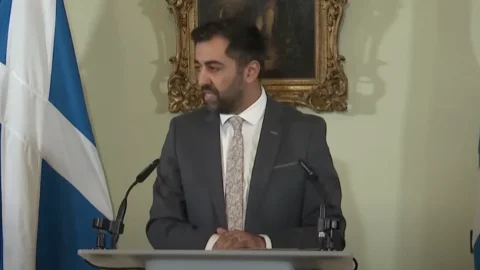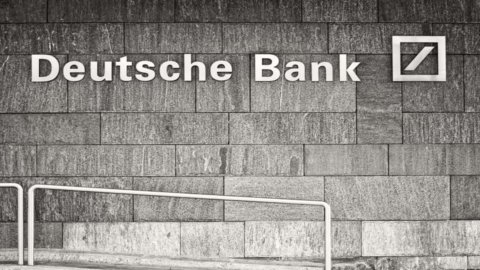In the complex and very busy world of broadcasters and audiovisuals, two pieces of news of great interest have appeared in recent days: the first refers to the Netflix Quarterly which closed the fourth quarter of 2018 with profits down to 133,9 million dollars (the result however beat expectations) and revenues growing to 4,19 billion (below the consensus). According to the forecasts of analysts collected by Variety, the US giant in 2019 should invest 15 billion dollars (from 12 in 2018), in original content and own productions. This last figure is an impressive figure and gives a good idea of what is at stake in a market where there are many appetites and interests. There is little doubt that the Californian giant is assuming the dimensions of the driver throughout the perimeter of the production and distribution of content on the various platforms, a role that also has repercussions in neighboring sectors, such as video games.
This is the second news: Microsoft has officially announced its candidacy to be the global reference for beyond 2 billion gamers on the planet and act as an "official" supplier of online video games accessible on all devices and all platforms. In the intentions of its CEO, Satya Nadella, the US computer giant could find fertile ground among its ten-year "customers": all those who have used or still use its software and all those who have purchased an X-Box console. Furthermore, to its advantage, the advent of 5G will play a lot which will allow, thanks also to a very low latency time (time interval between impulse and response), to make the streaming game experience much more captivating than it usually is already today. The other giants are not watching: Google, Amazon as well as Sony (historic manufacturer of video games and consoles) are on a war footing for online gaming.
It is precisely this connection, this increasingly sophisticated intertwining of content and platforms, which is causing a real revolution in the television universe. The real, great and valuable resource that everyone wants to get their hands on is viewer time, the amount of hours that billions of people spend every day in front of a screen, large or small.
While these armies are agitated around the world, experimenting with new products, moving towards new territories, constantly looking for suitable proposals for a constantly changing public, what happens in our "poor homeland"?
It happens, for example, that just "Poor homeland” will be the title (taken from a well-known song by Franco Battiato from 1991) of a new information program broadcast starting next Friday on Rai Due in the late evening, just before 23pm. In the intentions of the director of the network, Carlo Freccero, it would like to be a kind of Copernican revolution of theinfotainment of the Rai house. We haven't seen an entire episode yet but we know that the menu will be interesting and in the full wake of political and economic current events. But the real and most significant interest in this broadcast is the context, it is the general sense that is intended to be expressed in the proposal of "new" information contents or rather, of "new" possibilities of packaging them and offering them to the general public. The context is the one that has been talked about and will be talked about at length in the months to come: the new editorial (political) identity that Rai could assume: populist and sovereignist. It was announced, just to underline the imprinting, that the Deputy Prime Minister Matteo Salvini will take part in the first episode and that, among the topics covered, there will be the problem raised by his colleague Luigi Di Maio on the African franc currency which in these days is creating a considerable diplomatic uproar.
The fact that the public service can propose a new format of this kind where one wants to "tell the world through conflict" is interesting news (in case someone had in mind to live in a peaceful world) but it is equally interesting to observe that in Viale Mazzini does not seem to harbor clear ideas about his future. On March 6th the times (already postponed for the first time) expire for the presentation of the new industrial and editorial plan where, at least formally, the development guidelines for news networks and mastheads should be known (the new service contract also provides for their possible reduction in the face of a remodulated and articulated journalistic offer). Almost nothing is known about all of this at the moment. Instead, it is known that there are no budgets in cash to support all that is required of Rai. The title could be updated to "Povera Rai".





